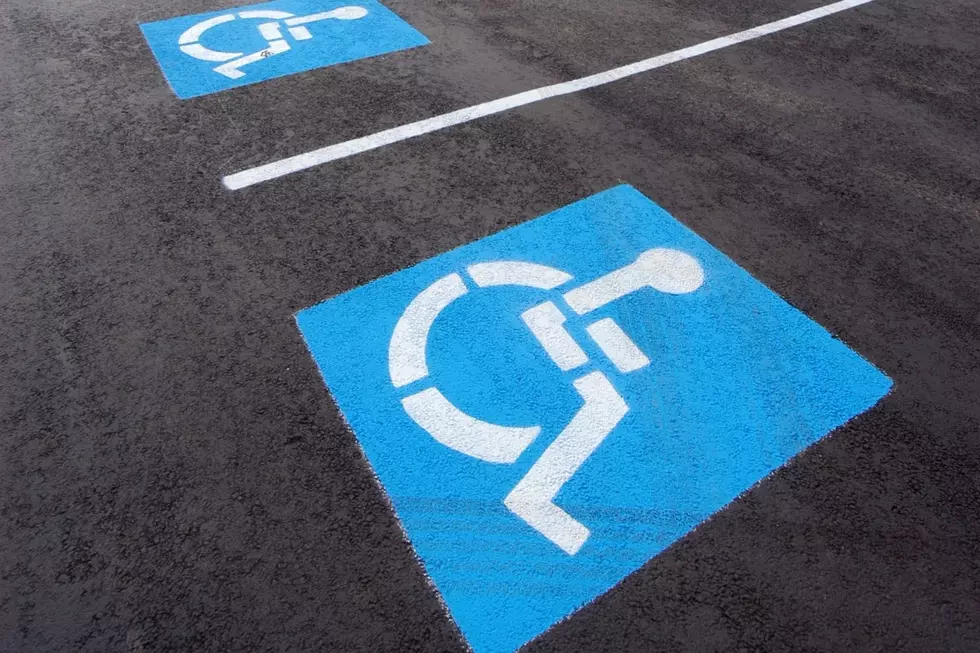
Massachusetts Cracking Down on Abusing Disability Parking Placards
We all know that it is wrong to park in a disabled parking spot if you don't need it.
Able-bodied drivers who park in spots designated for the disabled are preventing those people from doing necessary, everyday tasks. Often, these tasks are already more difficult and time-consuming for the disabled, but taking away a disabled parking spot from them can take a task from difficult to impossible.
However, illegal parking in disabled spots is only part of the problem. This week, the Commonwealth of Massachusetts is bringing awareness to the problem of disabled placard abuse.
According to the Massachusetts Department of Transportation, here are the most common forms of disability placard abuse:
- Using someone else's disability placard, or parking in a disabled parking spot with a disability plate and the disabled person not present
- Using an expired placard
- Using an old-style indefinite placard, which has not been valid for use since 2008
- Making a counterfeit placard, photocopying or altering an existing one
"Disability placards are issued to individuals who have a documented medical need and should only be used by those individuals,” Registrar of Motor Vehicles Colleen Ogilvie said in a statement. “Placard misuse is against the law. We encourage anyone misusing a placard to stop and think twice, think how their behavior is depriving someone with a medical need easy access to do their errands and other essential business.”
If you believe someone is committing disability placard abuse, you can contact the Massachusetts RMV.
The Commonwealth reminded the public that not all disabilities are visible to an observer (heart disease, for instance), so file a disability parking abuse only if you have some reason to believe abuse has taken place.
The Baker-Polito Administration in 2017 signed into law legislation that imposed criminal penalties for forging, counterfeiting or stealing a placard, prohibited using a deceased individual’s placard and imposed a $500 fine for first-time violators and a $1,000 fine for a second violation, increased the driver’s license suspension for a person wrongfully displaying a placard to 60 days for a first offense and 120 days for a second offense, and imposed a $50 fine for obstructing the number or expiration date of a placard.
Little Known Historical Facts About SouthCoast Towns
LOOK: What major laws were passed the year you were born?
More From WBSM-AM/AM 1420








![Morad Files Resident Letter Claiming Handicapped Parking a ‘Luxury’ [OPINION]](http://townsquare.media/site/518/files/2021/03/RS36689_CJF_0584-scr.jpg?w=980&q=75)
